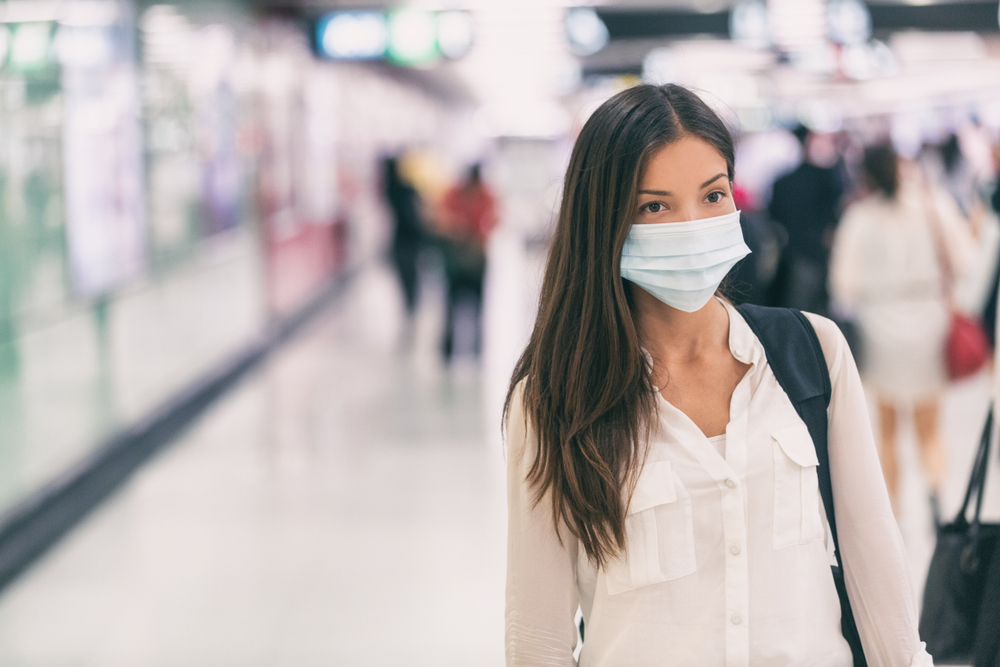Published Jun 03, 2022 in bridgemi.com
Author by Zahra Ahmad
Spring is nearly over, but there’s still plenty of life left in allergy season in Michigan.
Blame climate change, experts say.
Warmer temperatures are prompting trees and plants to produce more pollen — sticky particles that make eyes itch and noses run— sooner and longer.
“More people are complaining about (allergies) this year and last year than ever before,” said Kathleen Slonager, executive director of the Asthma and Allergy Foundation of America’s Michigan Chapter.
About 60 million Americans deal with allergies, an immune system response to an allergen, like pollen. There is no cure, and sufferers typically treat symptoms with over-the-counter medicine or immune-boosting shots.
As it gets hotter, spring comes sooner and pollen-producing plants flower earlier.
That allows more opportunities for pollen to get brushed by wind into the air and into noses of miserable Michiganders, said Yingxiao Zhang, a University of Michigan graduate student who authored a study linking longer allergy seasons to climate change.
“In the past 30 years, pollination production across North America has increased by 31 percent,” Zhang said.
Her study concluded that pollen emissions could begin 40 days earlier by the end of the century, since there is a correlation between intense pollen production and warming temperatures.
In Detroit, for instance, March temperatures this year averaged 39 degrees, 2 degrees higher than the historical mean, according to the National Weather Service. Overall, Michigan’s average yearly temperature has increased 2 degrees to 3 degrees since 1900, according to state records.
A 2010 report by the National Wildlife Federation predicted that climate change could worsen allergies for 25 million people in the United States as ragweed, which triggers hay fever, ”grows faster, produces more pollen per plant, and has higher allergenic content.”
It’s not just an annoyance: The report claimed allergies and asthma cost the United States $32 billion per year in lost wages and productivity.
Already, allergy season in Michigan is also lasting much longer, according to Dr. Rao Botta, an allergist for the Asthma, Allergy and Immunology Center in Flint.
Michigan’s allergy season has three phases. In March, trees like maples and oaks begin pollinating. Come May, grass begins its pollination cycle. In late July, weeds get going.
Botta said the weed allergy season generally ends around October, but it’s been lasting well into November because of warmer temperatures.
“We had quite a few more patients than usual last year and this May we were really busy,” Botta said.
About 10 percent of Michigan residents have severe allergies that require immune-boosting shots over a five-year period, according to Botta.
Intense allergy seasons also spell trouble for those with asthma, a condition that swells a person’s airways and makes it difficult to breathe.
Stuart Batterman, a University of Michigan environmental health sciences professor, said people can expect worse symptoms and more missed workdays.
“Asthma attacks and unscheduled emergency department visits can be expected,” Batterman said.
People living in areas near freeways or industry — known as environmental justice communities — should stay inside on rainy and windy days when pollen is abundant, Batterman said.
“Michigan has an abundance of rainfall and many plants that produce pollen,” Batterman said. “While it differs where you are, as we lose snow and ice cover, the pollination season will increase, probably more so than in southern parts of the country which already have long pollen seasons.”
According to Botta, the allergist, people should avoid symptoms by minimizing their exposure to pollen by taking a shower before bed and keeping the windows shut.
“I can’t say don’t go outside, but you should get eight hour of sleep and never keep a window open because the pollen can settle into your bedsheets,” Botta said.
Another tip that patients have a harder time following Botta said is making sure their pets don’t sleep in the bedroom with them.
“No one ever listens to that advice, but your pet can bring pollen in from being outside,” Botta said.
Botta said the vast majority of people display symptoms that can be treated by minimizing exposure, administering a daily nasal spray or taking over-the-counter medicine.




